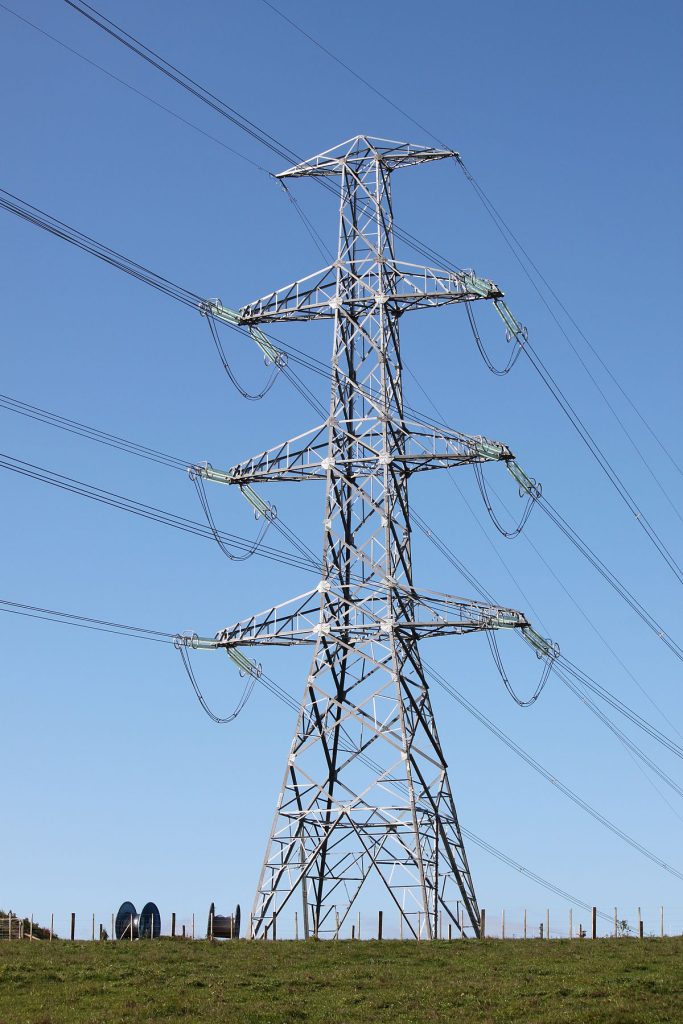In a stark revelation, President Bola Ahmed Tinubu has bemoaned the persistent lack of access to electricity in Nigeria, despite the privatization of the power sector a decade ago.
Speaking at the 10th-year anniversary of the Nigerian Electricity Supply Industry (NESI) Market Participants and Stakeholders Roundtable held in Abuja, President Tinubu highlighted the troubling reality that more than 90 million Nigerians still do not have reliable access to electricity.
The President’s concerns were echoed by his Special Adviser on Power Infrastructure, Sadiq Wanka, who represented him at the event. Wanka emphasized that the national grid serves only approximately 15 percent of the nation’s electricity demand.
This leaves both households and industries heavily reliant on costly self-generation methods, which currently supply a substantial 40% of the nation’s electricity demand.
President Tinubu further lamented the stagnation in the country’s power generation capacity.
He revealed that the total electricity capacity that can be transmitted through the national grid has remained relatively unchanged over the past decade.
The grid capacity has marginally increased from just over 3,000 megawatts to approximately 4,000 megawatts today. This falls significantly short of the Federal Government’s pre-privatization target of achieving 40,000 megawatts by 2020.
Additionally, the President emphasized that the revenue collection in the power sector is far from adequate. For every kilowatt-hour (kWh) of electricity supplied to the grid, only 60 percent of it is paid for.
This situation is exacerbated by the non-cost-reflective tariffs, particularly in light of the recent devaluation of the Naira.
Tinubu pointed out that the challenges faced by the power sector in the past decade are well-documented, including deep-rooted issues related to commercial viability, governance, and operational efficiency.
One critical problem raised is the inadequate metering of customers, with only about 45 percent of NESI customers currently having meters. This percentage varies significantly among Distribution Companies (DisCos).
To address this, the government has committed to supporting the metering initiative through the World Bank DISREP program, aiming to add at least 1.25 million meters.
Additionally, the Meter Acquisition Fund will be activated to procure an additional 4 million meters.
However, it was stressed that long-term sustainable metering should primarily be the responsibility of DisCos and their partners.
Furthermore, there is a call for a comprehensive plan to rebase tariffs, recognizing the actual costs and loss levels throughout the entire electricity supply chain, while ensuring sufficient cost recovery for necessary investments.
The Minister of Power, Adebayo Adelabu, also shared his perspective on the sector’s progress and future.
He indicated that licenses granted to private sector entities during the 2013 privatization of the electricity supply chain may not be renewed unless specific conditions and performance indicators are met.
With many of these licenses set to expire soon, the federal government plans to scrutinize the investments and infrastructure developments made by the licensed companies.
Minister Adelabu expressed disappointment over the limited progress made in Nigeria’s power generation capacity since privatization.
He raised doubts about the effectiveness of privatization and argued that commercialization with more significant government involvement might have been a more suitable approach.
In his view, private investors often lack the patience required for the power sector to yield the expected profits.
As Nigeria grapples with these complex challenges, the government, industry stakeholders, and private companies face a daunting task in finding lasting solutions to provide reliable and accessible electricity to the millions of Nigerians currently without it.
The future of the country’s power sector remains a critical concern that demands careful consideration and decisive action
Do you want to share a story with us? Do you want to advertise with us? Do you need publicity for a product, service, or event? Contact us on WhatsApp +2348183319097 Email: platformtimes@gmail.com
We are committed to impactful investigative journalism for human interest and social justice. Your donation will help us tell more stories. Kindly donate any amount HERE




